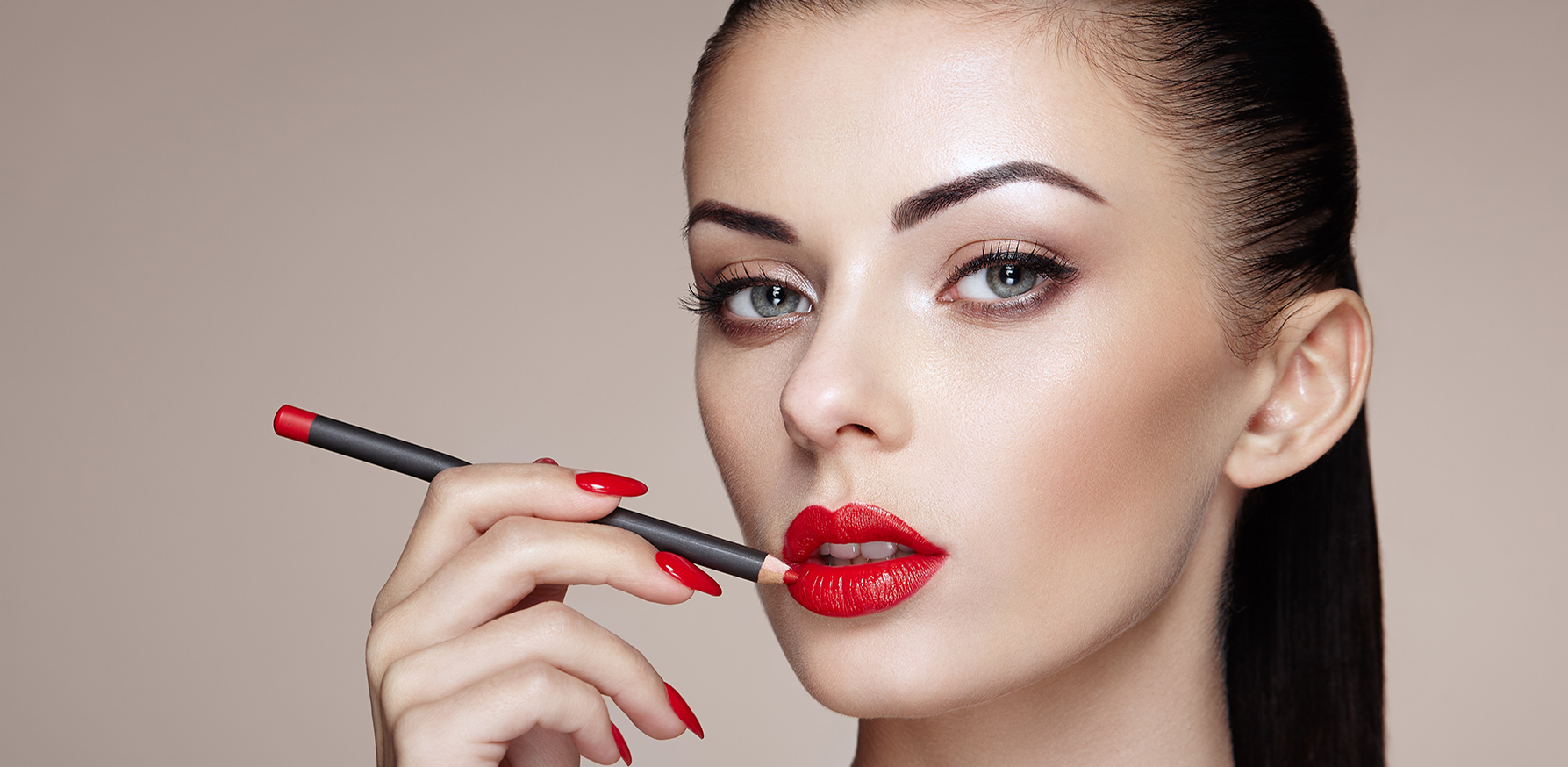
What is Microbiome Skincare, and Why is it Trending?
First thing’s first, “What is Microbiome?”
The microbiome is a collective term used for the microorganisms that live in any given habitat.
Hence, our skin’s microbiome refers to the thousands of harmless (often good) bacteria, fungi, viruses, etc. that reside on the surface of our skin. These microbiomes help keep the skin healthy and in optimum condition.
However, due to the lifestyles, we have developed today, we aren’t benefitting from microbiomes the same way we should because they cease to produce certain vital nutrients for the skin. Moreover, our diets mostly consist of processed, unhealthy food that doesn’t supply enough probiotics to our body – the main source of healthy bacteria. Thus, this lack of probiotics in diet led to the invention of Microbiome Skincare.
What is Microbiome Skincare?
As the name suggests, Microbiome Skincare consists of products that implant microbiome friendly ingredients topically on our skin. This theory may sound too complex, but it really isn’t. In fact, quite the opposite. Microbiome skincare products were invented with the motto of simplifying our skincare routines.
Why is Microbiome Skincare Better than Regular Skincare?
The rise in skincare awareness was directly proportional to the rise in skin care treatments and products. Active ingredients were the hype due to its promises of targeting and curing our skin concerns. Although skincare products and their users got smarter, routines became extensive in hopes to treat every problem under the sun. Nevertheless, no matter how “gentle” a product claims to be, the truth remains that skincare can be harsh and prone to stripping the natural oils of our skin. In turn, disrupting the skin barrier and killing the microbiomes which feed on these oils.
Enter Microbiome skincare – an innovative, science-driven formulation that promises to take charge of our skin’s health in a natural, simple, and effective way. This skincare thrives to restore our skin to its natural state by supplying it with the nutrients that microbiomes should produce but fail to due to the aforementioned factors. Hence, this skin-identical ideology is the sole reason that makes it a better choice than regular skincare.
Microbiome VS Probiotic Skincare – and is it a Gimmick?
Probiotic Skincare sports a similar theory as Microbiomes except for the nature of its formulation.
As discussed above, microbiome skincare provides the skin with the ingredients that the microbiomes need to flourish. Whereas, probiotic skincare claims to provide the skin with the actual probiotics (good bacteria) which will maintain and nourish the skin on its own. Sounds insane, right? Wait till you know that probiotic skincare products have actually been produced by many brands, the likes of which include Murad, Symbiome, Glowbiotics, Esse, and more.
However, the notion about ‘too-good-to-be-true’ products remains – whether they are truly good or gimmicky.
One thing is for sure – neither of them is a gimmick. Science is the future of skincare. But, is it present yet? That is a debate.
Microbiome skincare – which provides microbiome-friendly and skin-identical ingredients – is a wise investment to restore your skin simplistically. However, probiotic skincare – no matter how cautiously formulated, still does not make the cut to be good enough for our skins according to the article here. It states that probiotic skincare needs much more research to find out ways for them to work without compromising on dosage or making the users go bankrupt.
Perhaps, it is just a matter of a few years to find a breakthrough in the skincare industry. Until then, let’s replenish our bodies with probiotics the old-fashioned way – yoghurt, kombucha, and kimchi.
YOU MIGHT ALSO LIKE:
-
Munira Hussainhttps://loveforglam.com/author/munirahussain/
-
Munira Hussainhttps://loveforglam.com/author/munirahussain/
-
Munira Hussainhttps://loveforglam.com/author/munirahussain/
-
Munira Hussainhttps://loveforglam.com/author/munirahussain/




